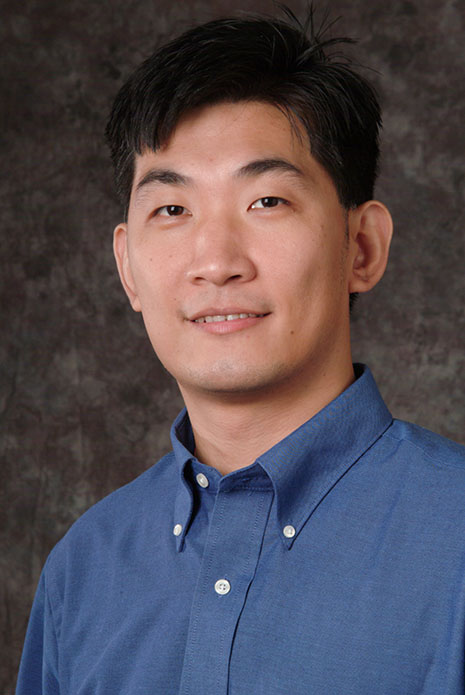FAYETTEVILLE, Ark. – The University of Arkansas is one of 10 institutions selected by NASA to develop technology that will enable future missions of America’s space program. The Arkansas researchers, led by Jia Di, associate professor of computer science and computer engineering, will receive $250,000 to design and test advanced microelectronic integrated circuits and an analog-to-digital converter that can function in extreme environmental conditions.
“Space missions often require instruments capable of taking measurements, performing computation and communication, and executing control under extreme environments, such as cryogenic temperature and heavy radiation,” Di said.
Mechanisms that protect microelectronic circuits within these instruments from drastic environmental temperature swings add mass and volume, consume power and reduce reliability, Di said.
“Our project seeks to increase stability and reliability of in situ instruments, that is, instruments operating at that location – space – regardless of environmental constraints,” he said.
Di’s research has focused on digital integrated circuit design, with special attention to asynchronous logic to make chips run more efficiently. Most digital circuits are designed with synchronous logic, which means that clock signals control the behavior of the chip. In this type of system, each task is budgeted a certain amount of time, and when that time is up, the next task is sent, regardless of whether the first task was finished.
Asynchronous logic is not controlled by a clock. Instead, each part of the circuit uses what are called handshaking protocols to indicate when it has finished one task and is ready for the next. The objective of this work is to achieve ultra low-power circuit design, which helps conserve power in consumer electronic devices such as mobile phones, cameras, tablets and computers.
NASA’s Space Technology Research Grants Program awarded the one-year grant, titled “Asynchronous A/D converter for in situ instruments operating under extreme environments.” Second year funding will be contingent on technical progress and the availability of appropriated funds, according to NASA.
NASA’s Space Technology Research Grants Program is designed to accelerate the development of technologies originating from academia that support the future science and exploration needs of NASA, other government agencies and American industry.
Contacts
Jia Di, associate professor,
Computer Science and Computer Engineering
479-575-5728, jdi@uark.edu
Matt McGowan, science and research communications officer
University Relations
479-575-4246,
dmcgowa@uark.edu
